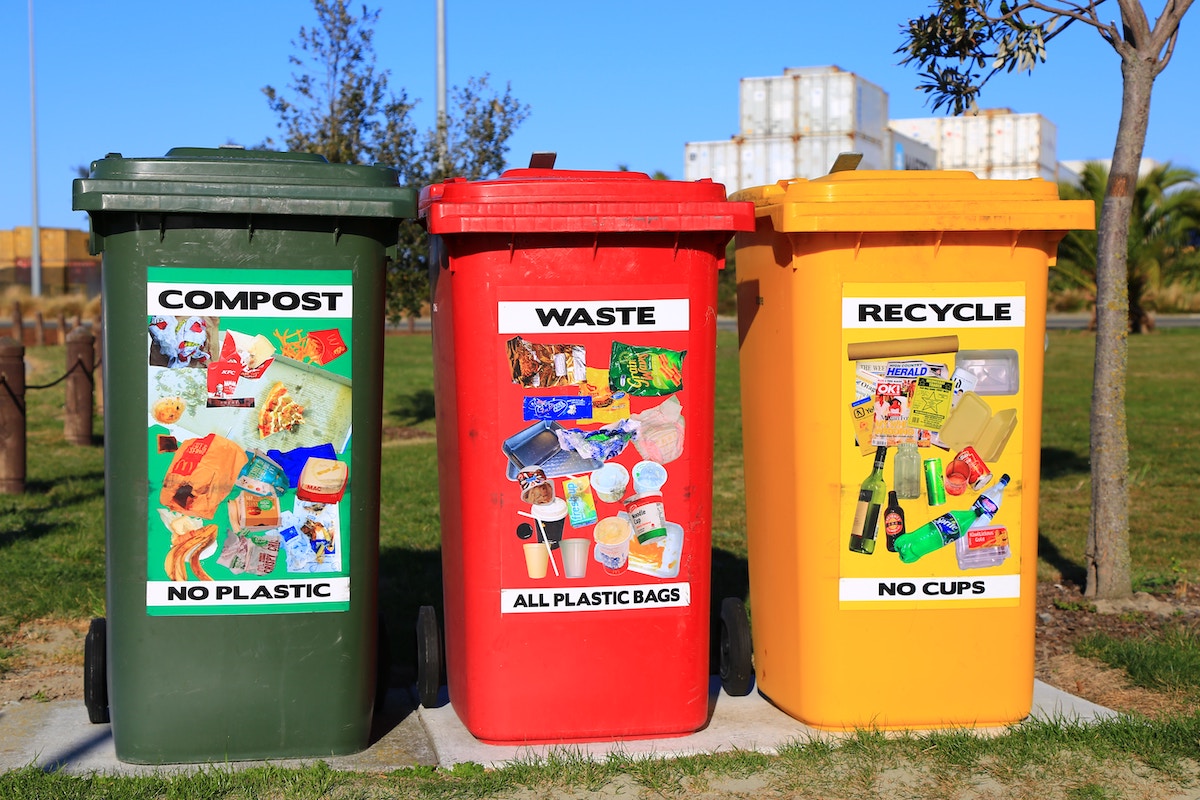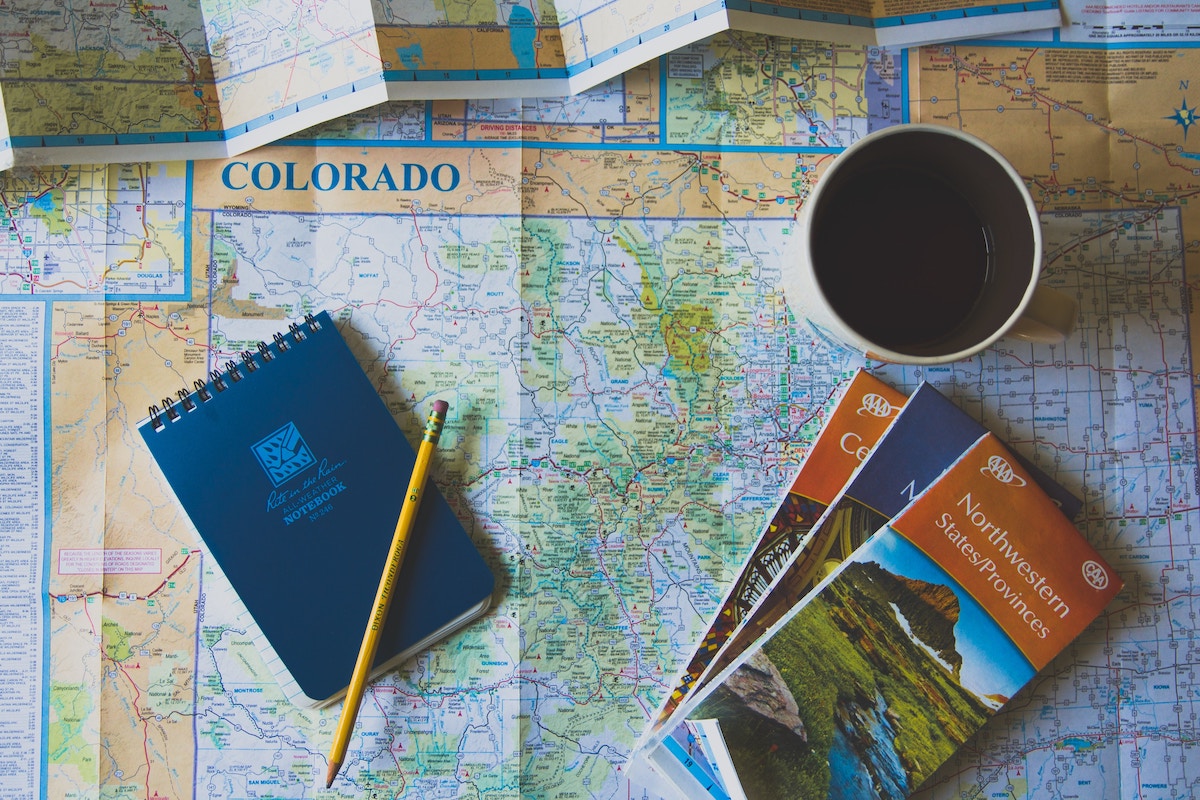
13 Tips for Embracing Eco-Friendly Travel
By: Sarah Stone
Skip to Section
- Article Summary
- Research Your Destination
- Travel Off-Peak
- Be Aware of Your Digital Footprint
- Travel Light
- Get Creative with Transportation
- Stay in Eco-Friendly Accommodations
- Support Local Communities
- Choose Your Activities for the Lowest Environmental Impact
- Practice Mindful Consumption
- Reduce, Reuse, Recycle
- Respect Natural Habitats
- Minimize Water Waste
- Look into Carbon Offsetting
Article Summary
Want to see the world without leaving it looking like a dumpster fire? These 13 eco-friendly travel tips show you how to be a tourist without being a total environmental disaster.
You’ll learn practical ways to reduce your travel footprint, from choosing direct flights and eco-hotels to supporting local businesses and ditching single-use plastics. The guide covers everything from researching your destination’s environmental challenges to carbon offsetting your unavoidable emissions. Plus, you’ll find out why traveling off-peak isn’t just cheaper – it actually helps destinations recover from tourist overload.
- Direct flights reduce fuel consumption from multiple take-offs and landings
- Eco-hotels use renewable energy and water conservation systems to minimize environmental impact
- Buying from local artisans puts money directly into communities instead of corporate pockets
- Electronic tickets and mobile boarding passes save forests one tree at a time
- Carbon offsetting through reforestation projects helps balance out your flight emissions
Eco-friendly travel is a must in our rapidly changing world. As the allure of global exploration grows, so does its environmental footprint, risking the beauty and experiences that travelers seek.
Sustainable travel practices help to counteract these effects, preserving natural wonders and cultural heritages for future generations. Beyond conservation, eco-friendly travel supports local economies, fosters mutual respect between travelers and hosts, and creates a global community dedicated to safeguarding our planet. By traveling sustainably, we ensure that the joy of discovery is an enduring legacy, not a fleeting pleasure.
Here are 13 tips for ensuring your next trip is an eco-friendly one!
Research Your Destination
Understanding the environmental challenges of your destination equips you to make informed decisions. Whether it’s protecting endangered species or respecting cultural norms, a well-researched traveler can engage in enriching and considerate activities of the local ecosystem and culture.
Furthermore, destinations committed to environmental practices often have robust conservation programs, strict waste management systems, and invest in renewable energy sources. Traveling to such places minimizes your carbon footprint and supports locales that prioritize the environment, ensuring these pristine places remain preserved.
Travel Off-Peak
Over-tourism can strain both local resources and natural habitats. Traveling during off-peak times reduces this pressure, allowing destinations to rejuvenate. Additionally, fewer crowds provide a more authentic and peaceful experience, enabling more profound connections with the place.
Be Aware of Your Digital Footprint
Sustainable practices extend to our online activities. Opting for electronic tickets, mobile boarding passes, and e-brochures reduces paper consumption, aiding in conserving forests and the energy used in paper production.
Travel Light
The weight of luggage directly affects the energy required for its transportation. Packaging efficiently and taking only essentials reduces carbon emissions and makes your journey more comfortable and hassle-free.
Get Creative with Transportation
The mode of transport you choose significantly influences your carbon footprint. While flying is sometimes unavoidable, direct flights reduce fuel consumption caused by take-offs and landings.
Once at your destination, public transportation such as buses, trams, and trains offer a greener alternative to individual cars. Nothing beats the environmental efficiency of walking or cycling for short distances, allowing you to immerse in the local ambiance and minimize emissions simultaneously.
Stay in Eco-Friendly Accommodations
The place you choose to stay can have an expansive environmental impact. Eco-hotels use renewable energy, water conservation systems, and sustainable materials, making them a prime choice for green travelers.
Beyond the infrastructure, adopting eco-friendly habits during your stay, such as reusing towels and turning off unused appliances, ensures you’re minimizing wastage and reinforcing sustainability efforts.
Support Local Communities
Local businesses form the backbone of any region’s economy and culture. Purchasing from local artisans or hiring local guides ensures money goes directly to the community, supporting traditional craftsmanship and providing genuine insights into the locale’s heritage. Such interactions not only enrich your travel experience but also foster sustainable economies.
Choose Your Activities for the Lowest Environmental Impact
Choosing eco-friendly activities during travel magnifies the positive impact of your trip. Nature-based activities, like hiking or kayaking, immerse you in the environment without harming it. When engaging with wildlife, it’s imperative to choose ethical encounters that prioritize animal welfare, ensuring you’re observing creatures respectfully and non-exploitatively.
Sustainability should be a guiding principle, even when choosing tour operators. Eco-friendly tours emphasize small groups, minimizing environmental impact, and often include activities that raise ecological awareness or contribute directly to conservation efforts.
Practice Mindful Consumption
Every product we consume leaves an environmental footprint. By bringing reusable items, like water bottles and cloth bags, you can dramatically reduce the demand for single-use plastics.
Similarly, embracing local cuisines made from locally sourced ingredients reduces the carbon emissions associated with food transport, giving you a delicious and eco-friendly gastronomic experience.

Photo by Nareeta Martin on Unsplash
Reduce, Reuse, Recycle
The timeless principle of the 3Rs remains pivotal in eco-friendly travel. By minimizing waste, reusing items, and participating in local recycling programs, you ensure resources are optimized and environmental damage is curtailed.
Respect Natural Habitats
The allure of untouched landscapes is undeniable, but it’s crucial to interact with them respectfully. Sticking to designated paths, avoiding littering, and practicing “Leave No Trace” principles ensure that nature remains undisturbed for others to appreciate.
Minimize Water Waste
Water is a scarce resource in many regions. Travelers can significantly support local communities and ecosystems by using water judiciously, especially in water-scarce areas. Simple actions like shorter showers or turning off the tap while brushing can make a considerable difference.
Look into Carbon Offsetting
While all efforts to reduce carbon emissions are vital, some are unavoidable. Carbon offsetting, through investments in reforestation or clean energy projects, allows travelers to counterbalance their emissions, making their journeys carbon-neutral.
Embracing these eco-friendly practices ensures you’re traveling with a purpose, nurturing the places you visit, and leaving a legacy of responsible exploration for others to follow.
What are your tips for eco-friendly travel? Share your insights and advice with the Frayed Passport community!
About the Author
 As the editor-in-chief of Frayed Passport, my goal is to help you build a lifestyle that lets you travel the world whenever you want and however long you want, and not worry about where your next paycheck will come from. I've been to 20+ countries and five continents, lived for years as a full-time digital nomad, and have worked completely remotely since 2015. If you would like to share your story with our community, or partner with Frayed Passport, get in touch with me using the form on our About page.
As the editor-in-chief of Frayed Passport, my goal is to help you build a lifestyle that lets you travel the world whenever you want and however long you want, and not worry about where your next paycheck will come from. I've been to 20+ countries and five continents, lived for years as a full-time digital nomad, and have worked completely remotely since 2015. If you would like to share your story with our community, or partner with Frayed Passport, get in touch with me using the form on our About page.Featured image by Veronique Estie on Unsplash
Information published on this website and across our networks can change over time. Stories and recommendations reflect the subjective opinions of our writers. You should consult multiple sources to ensure you have the most current, safe, and correct details for your own research and plans.
Frayed Passport is a participant in the Amazon Associates Program, an affiliate advertising program designed to provide a means for sites to earn advertising fees by advertising and linking to Amazon.com. We also may share links to other affiliates and sponsors in articles across our website.






